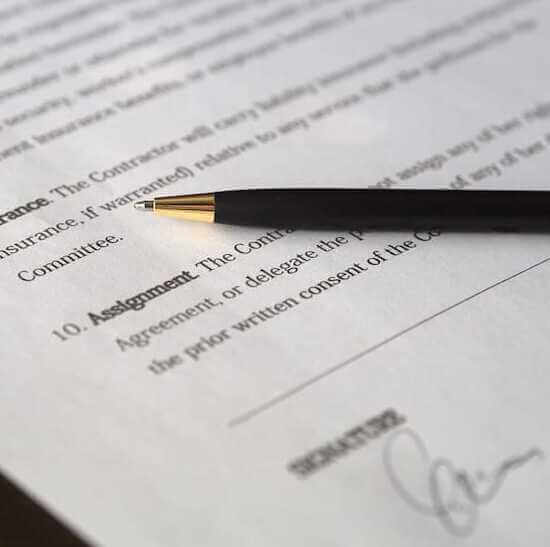Navigating the landlord-tenant relationship can be challenging, especially when it comes to rent payment issues. In Florida, one of the most commonly used eviction-related notices is the Pay or Quit Notice, often referred to as a 3-Day Notice. This legal document serves as a formal warning to tenants who have failed to pay rent on time, giving them three business days to either settle their overdue rent or vacate the rental property. Understanding this process is crucial for both landlords and tenants to ensure compliance with Florida’s landlord-tenant laws.
What Is a Florida Pay or Quit Notice?
A Pay or Quit Notice is a written notification from a landlord to a tenant stating that the tenant is behind on rent and must either pay the outstanding amount within three business days or leave the premises. This notice is a critical step in the eviction process, as it provides tenants an opportunity to rectify the situation before legal action is taken.
Key Components of a 3-Day Notice:
- Tenant’s Name and Address – The notice must specify who is receiving it and the rental property’s address.
- Amount Owed – It must clearly state the overdue rent amount, including a breakdown of charges if necessary.
- Deadline for Payment – The tenant is given exactly three business days (excluding weekends and legal holidays) to make the payment.
- Consequences of Non-Payment – The notice must explicitly state that failure to pay will result in eviction proceedings.
- Landlord’s Information – Contact details for the landlord or property manager should be included.
Legal Requirements and Delivery Methods
Florida law dictates that landlords must deliver a Pay or Quit Notice properly and legally to be valid. There are three approved methods:
- Personal Delivery – Handing the notice directly to the tenant.
- Posting on the Property – If the tenant is unavailable, the notice can be posted in a visible area, such as the front door.
- Certified Mail – Sending the notice via certified mail ensures proof of delivery, though personal delivery is often preferred.
Once the notice is given, the three-day countdown begins. If the tenant fails to comply, the landlord can proceed with filing an eviction lawsuit, known as an Unlawful Detainer action.
What Should Tenants Do Upon Receiving a 3-Day Notice?
Receiving a Pay or Quit Notice can be stressful, but tenants have several options:
- Pay the Full Amount Due – If possible, settle the outstanding rent within the specified timeframe to avoid eviction.
- Negotiate with the Landlord – Some landlords may be willing to set up a payment plan or extend the deadline if tenants communicate their financial difficulties.
- Move Out Voluntarily – If unable to pay, tenants can leave to avoid formal eviction proceedings.
- Challenge the Notice – If tenants believe the notice is incorrect or unlawful, they can seek legal counsel to contest it.
Common Mistakes Landlords Should Avoid
To ensure the 3-Day Notice is legally enforceable, landlords must avoid the following errors:
- Incorrect Rent Amount – Overcharging or miscalculating the total due can make the notice invalid.
- Improper Delivery Methods – Failing to serve the notice correctly can delay the eviction process.
- Including Late Fees – Florida law does not allow landlords to demand late fees in a 3-day notice—only the base rent.
- Ignoring Holidays and Weekends – The notice period only includes business days, meaning weekends and legal holidays do not count in the three-day window.
Conclusion
A Florida Pay or Quit Notice is an essential legal tool for landlords to address unpaid rent while ensuring tenants receive fair warning before eviction proceedings begin. Both parties should understand their rights and responsibilities under Florida law to avoid complications and unnecessary disputes. By adhering to proper procedures and open communication, landlords and tenants can navigate rent issues effectively and with minimal conflict.
Bottom Line
If you have been considering hiring a trusted property manager lets connect and see how we can assist you with your investment property.


